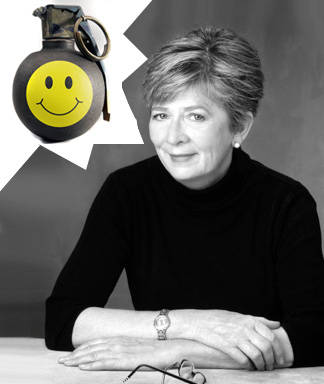
‘I hear you,’ she says, and admits Wal-Mart isn’t working for her either, if the goal is to make a living.” Alyssa looks crushed, and I tell her, when Howard’s out of sight, that there’s something wrong when you’re not paid enough to buy a Wal-Mart shirt, a clearanced Wal-Mart shirt with a stain on it. Walton: “If you want the people in the stores to take care of the customers, you have to make sure you’re taking care of the people in the stores.”Įhrenreich: “ Howard shows up and announces that there are no reductions and no employee discounts on clearanced items. “Įhrenreich: “We are all ‘ladies’ here, forbidden, by storewide rule, to raise our voices or cuss.” Walton: “It’s sort of a ‘whistle while you work’ philosophy, and we not only have a heck of a good time with it, we work better because of it. They suggested Wal-Mart founder Sam Walton’s 1992 autobiography, “Made in America: My Story.” A smarter university, the students said, would have balanced “Nickel and Dimed’s” negativity by pairing it with a required book that had something more positive to say about free enterprise. He and others seemed particularly upset by Ehrenreich’s grim description of her time at a Minneapolis Wal-Mart. economy, activist senior Michael McKnight told a local reporter. The school was “intellectually dishonest” in offering students information about only “one side” of the U.S. In interviews, members of a vocal student group, “The Committee for a Better Carolina,” blasted Ehrenreich as a “renowned socialist” and ran an $8,000 full-page student-newspaper ad that denounced the book as a “Marxist rant.” State legislators suggested that the university was more interested in “liberal indoctrination” than education. But last month, when the University of North Carolina at Chapel Hill put the book on a required summer reading list for incoming freshmen (with group discussions to be held later), outrage ensued.

college campuses have been assigned “Nickel and Dimed: On (Not) Getting By in America,” social critic Barbara Ehrenreich’s 2001 bestseller about her undercover stints as a minimum-wage worker in three cities and the grueling life of the working poor. For the last few years, students at hundreds of U.S.


 0 kommentar(er)
0 kommentar(er)
